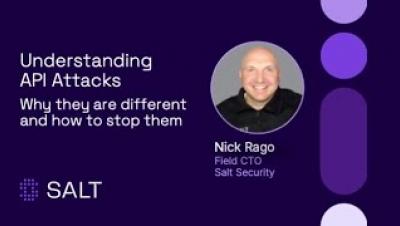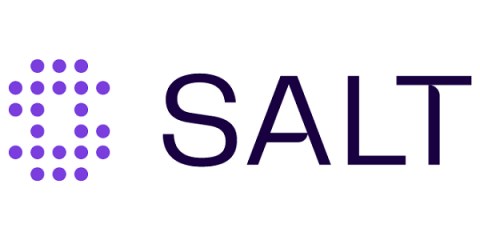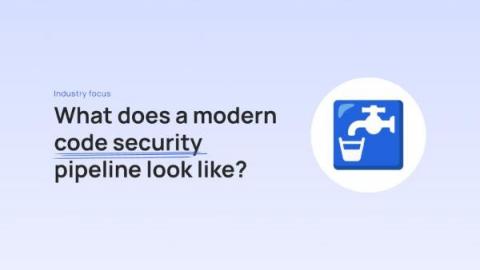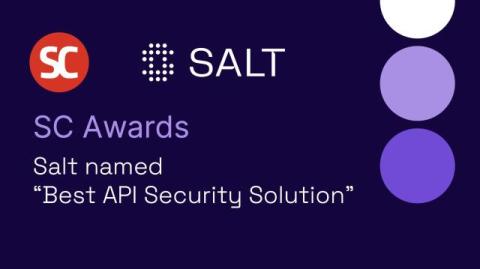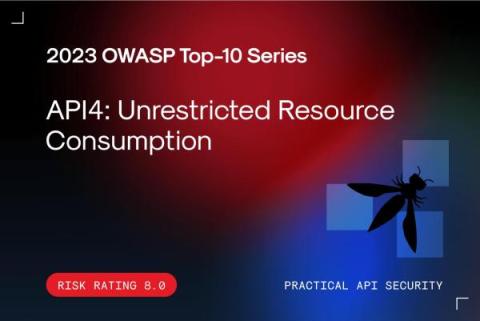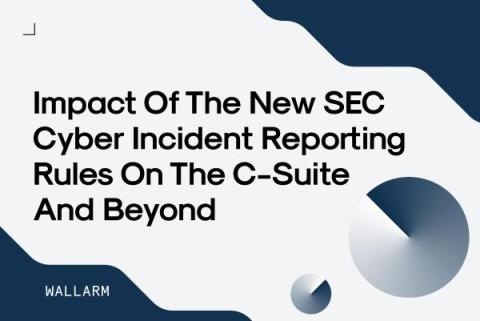Security | Threat Detection | Cyberattacks | DevSecOps | Compliance
API
Act Now to Prepare for New NCUA Cyber Incident Reporting Requirements
We recently discussed the new SEC rule requiring all registered companies to report material cyber incidents within four (4) days.
In the Alleys of Black Hat and DEF CON 2023: The Quiet API Security Crisis
What does a modern code security pipeline look like? (Hint: not like a pipeline).
What does a good DevSecOps pipeline should look like from a code security perspective? We hear this question often, and even though there are multiple answers, we’ve put together a blueprint that everybody could easily start with.
Why No Business in 2023 Can Grow without APIs
Businesses of all sizes are increasingly relying on APIs to connect with their customers, partners, and other systems. APIs, or application programming interfaces, are the building blocks of the modern web, and they allow businesses to share data and functionality in a secure and efficient way. Without APIs, businesses are limited in their ability to innovate and grow. They lack the ability to integrate with other systems, create new products and services, or reach new markets.
Salt Wins Prestigious SC Magazine Award - "Best API Security Solution"
Take Care of Orphan APIs with Wallarm
The Wallarm API Discovery module has been further enhanced to enable customers to identify Orphan APIs and bring them under management. In this post we’ll discuss what Orphan APIs are, why they matter, and how to regain control of your API portfolio.
Wallarm Demo: Orphan and Shadow API Detection
2023 OWASP Top-10 Series: API4:2023 Unrestricted Resource Consumption
Welcome to the 5th post in our weekly series on the new 2023 OWASP API Security Top-10 list, with a particular focus on security practitioners. This post will focus on API4:2023 Unrestricted Resource Consumption. In this series we are taking an in-depth look at each category – the details, the impact and what you can do about it.
Impact of the New SEC Cyber Incident Reporting Rules on the C-Suite and Beyond
We recently hosted a compact and very engaging panel discussion about the new SEC Cyber Incident Reporting Rules due to come into effect later this year. We were fortunate to be joined by two well-known experts: In the post, we will *not* rehash what was said in the panel discussion. If you did not get to attend the live session, we invite you watch it on-demand – it’s 30 minutes well spent!


